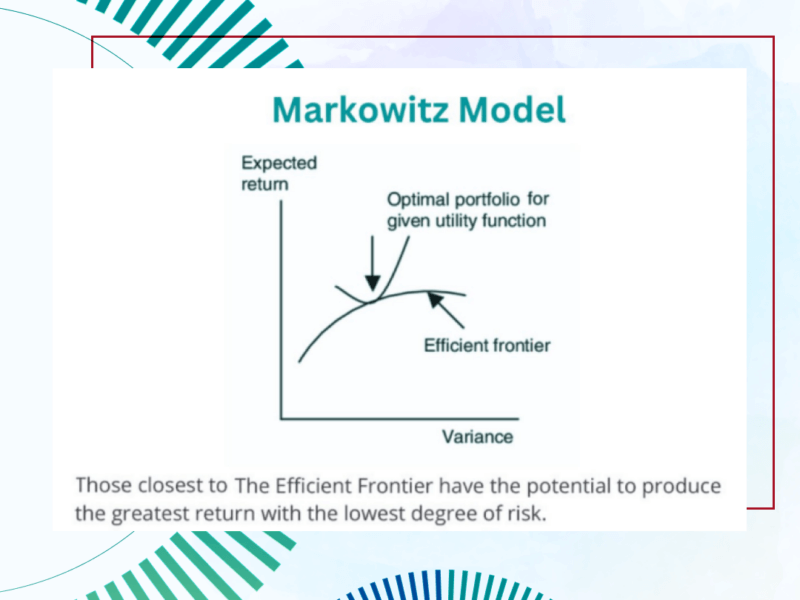One of the most frequently met doubts that we hear from our retail clients is that a small capital can work efficiently competing with market whales.
The popular myth is that it is easier to multiply billions because this size of the capital opens the gates to some fascinating opportunities that ordinary people don’t have access to.
Let’s admit. Partially this is true.
For example, Carl Celian Icahn has started his career as a ‘corporate raider’ with a starting capital of 550,000 US dollars. In 1968 he founded Icahn Enterprises, known for purchasing the controlling share of the companies “in trouble.” By applying corporate changes that Carl believes will benefit shareholders, he tries to increase the value of such companies and sells the shares when the job is done.
Such a strategy became very popular among hedge funds and large institutional investors. You can’t do that with a couple of thousand euros.
The good news is that there are not many other advantages that market whales have in the battle for profits. Access to the dark pools that they have does not guarantee better prices for its participants. Neither is helps to avoid the regulator’s attention. Vice versa, the larger is the fund, the more transparency is expected from it.
Several years ago retail investors could have faced difficulty picking the desired stocks or assets for their portfolios due to the high value of a single stock of certain companies. This made diversification a bit baffling.
The rise of the ETFs market removed this obstacle. Retail investors can now use the same account to invest in commodities, real estate, stocks, indices, and even cryptocurrencies. Creating a balanced, diversified portfolio is possible as you can purchase shares of ETFs that represent the desired sector of the market.
This is possible to be efficient on the market with small capital. It hasn’t always always been like that, but the times change.
Risk Warning: The information in this article is presented for general information and shall be treated as a marketing communication only. This analysis is not a recommendation to sell or buy any instrument. Investing in financial instruments involves a high degree of risk and may not be suitable for all investors. Trading in financial instruments can result in both an increase and a decrease in capital. Please refer to our Risk Disclosure available on our web site for further information.


